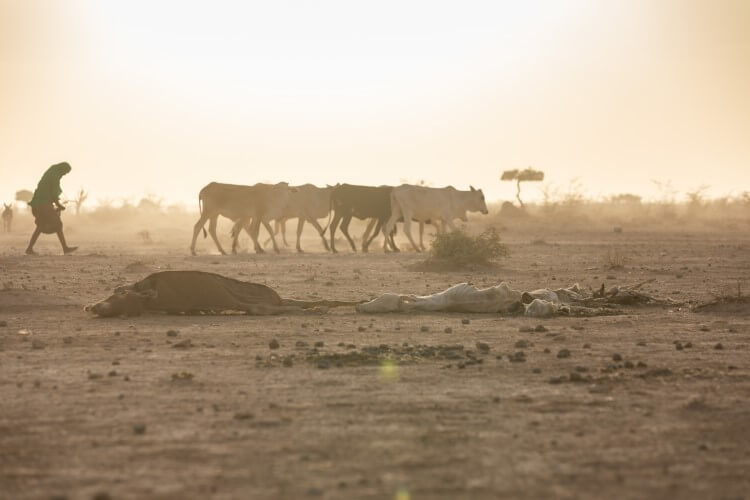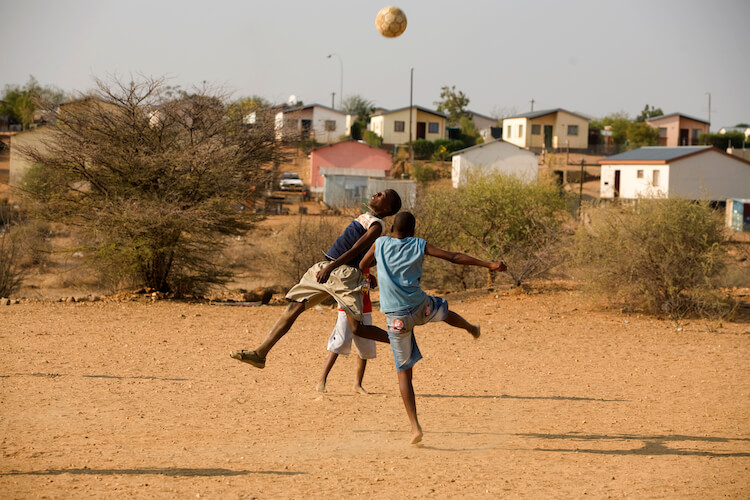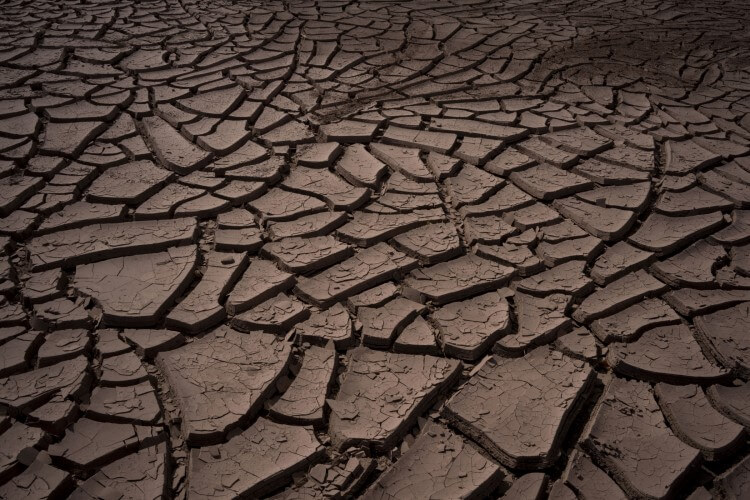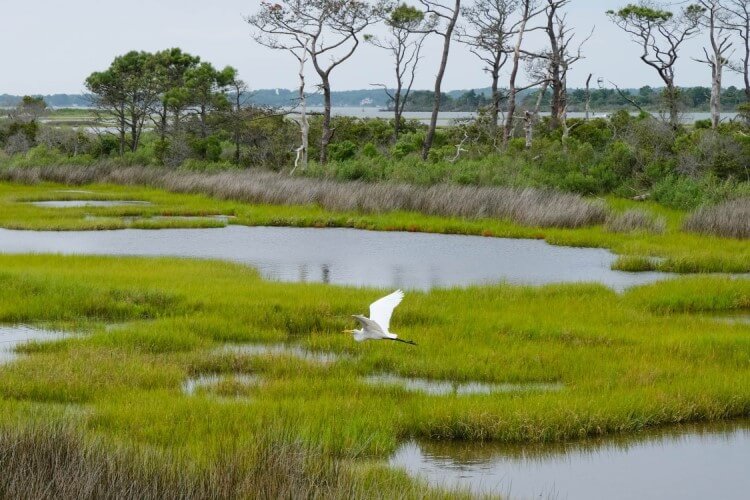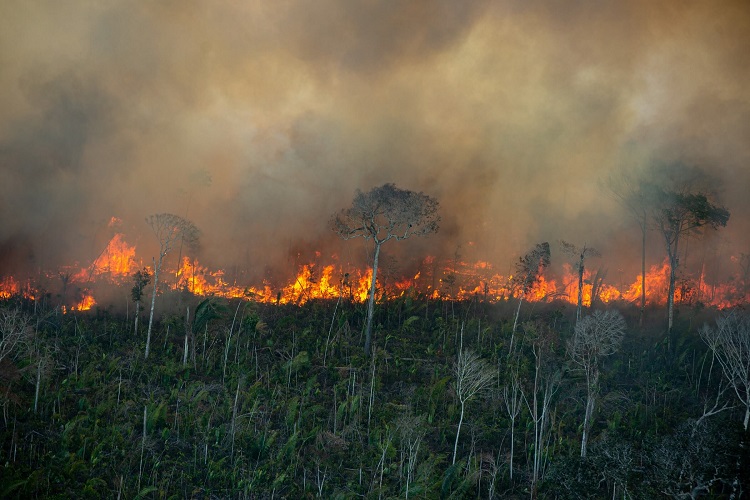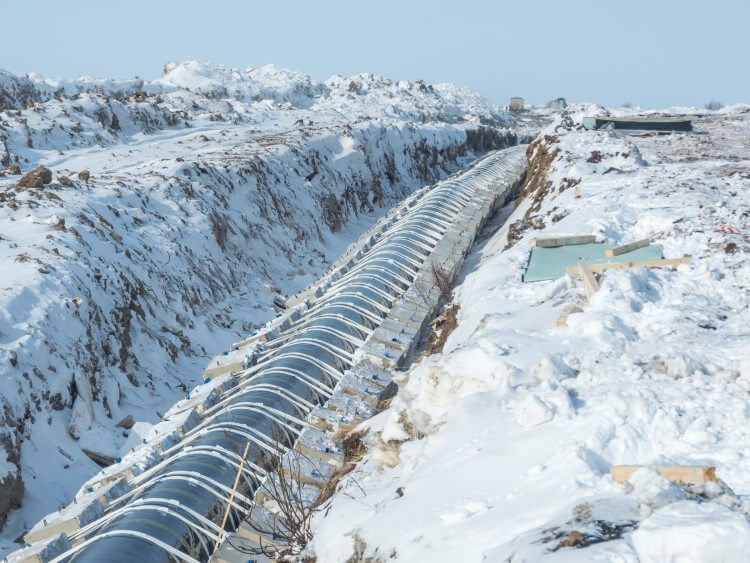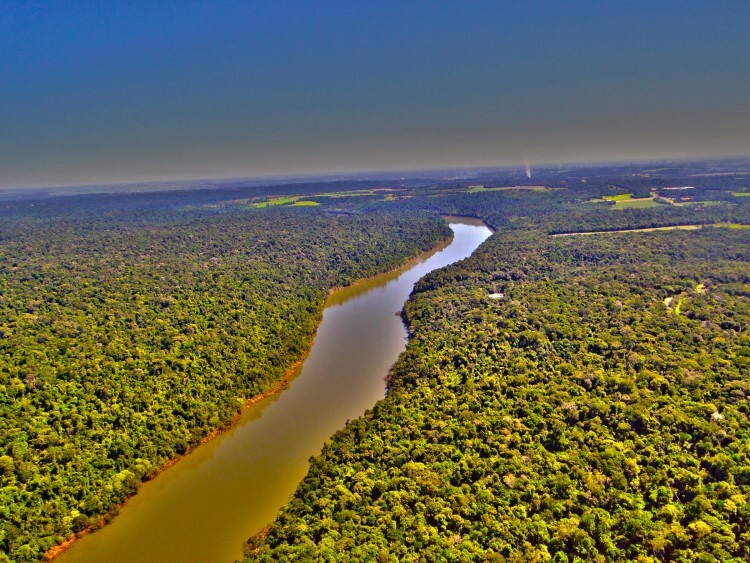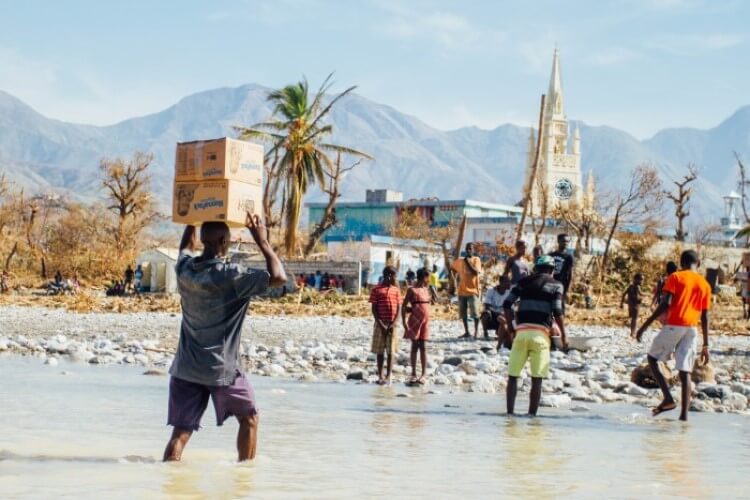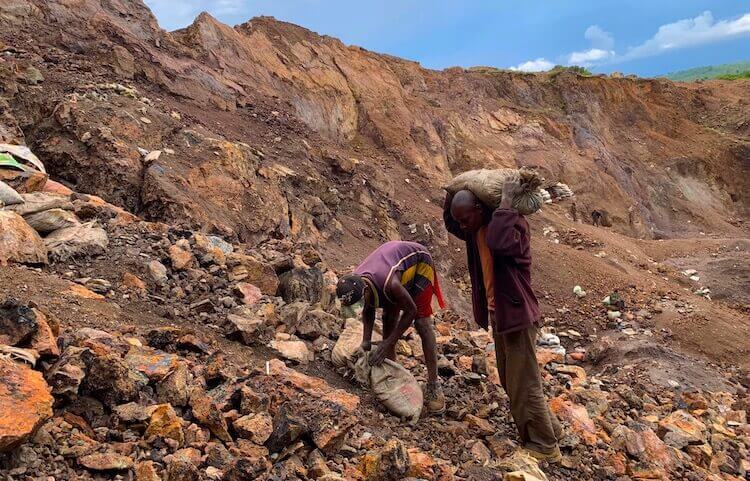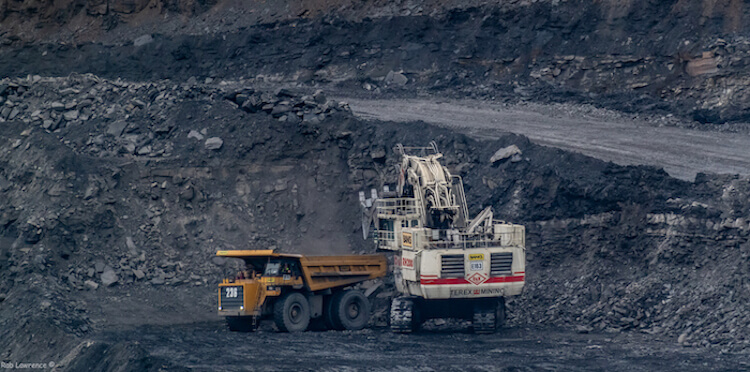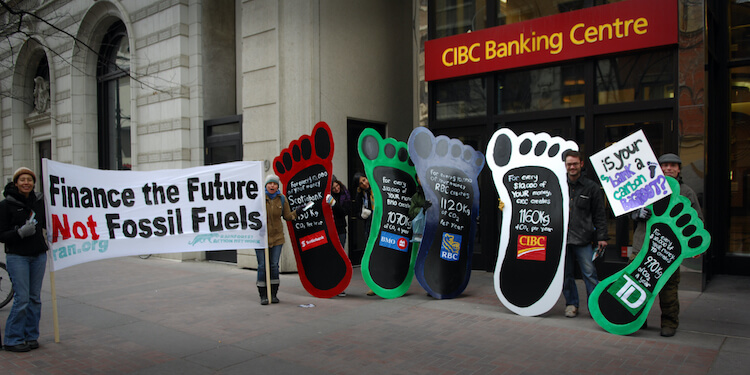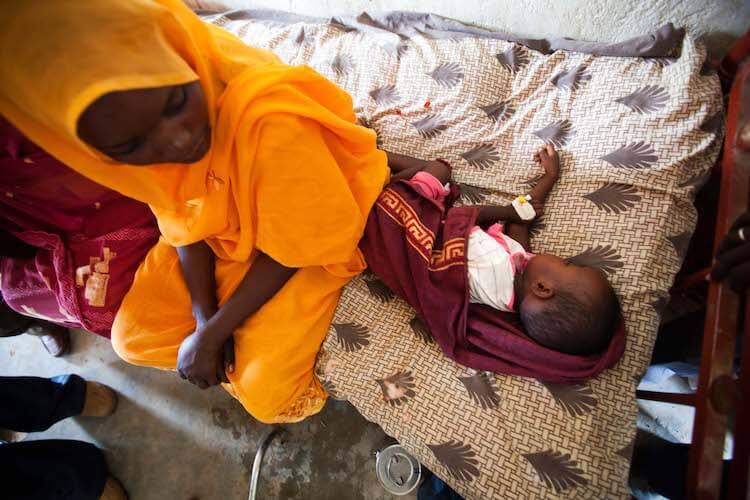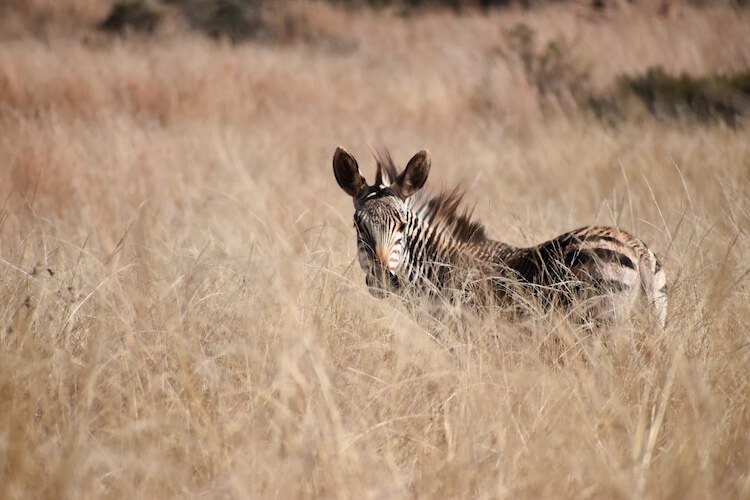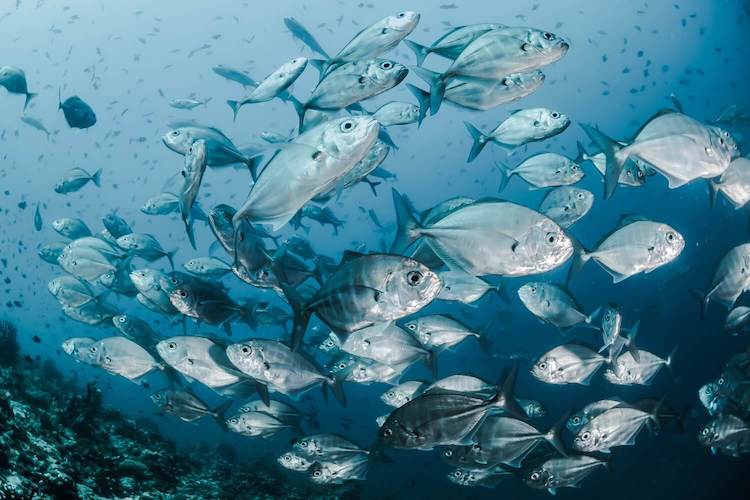Articles Written by George Blake
Why is rewilding so controversial in the UK?
Sustainable Leaders | Europe, April 21st, 2023
A hit new BBC documentary ‘Wild Isles’ about UK wildlife has been caught up in a row over rewilding, with reports suggesting an episode was pulled over fears of a political and press backlash. But what is rewilding? And why is it such a controversial topic in the UK?
Does the loss and damage fund represent a new dawn in climate justice?
Sustainable Leaders | Global, December 23rd, 2022
An agreement reached at COP27 to establish a ‘loss and damage’ fund was hailed as ‘historic’, as industrialised countries finally acknowledged some responsibility for the climate disasters affecting developing nations. But should they temper their optimism? There are doubts the fund will bring in additional money.
Unprecedented drought leaves Somalia on the brink of famine
Environment | Deserts, December 3rd, 2022
Somalia is in the midst of a brutal drought following a fifth ‘failed’ rainy season in a row, crop failures and livestock mortality will push millions into food insecurity. In parts of Somalia, the situation is so bad that many now face the prospect of famine. In 2022, no country should be at risk of famine, it represents an abject failure of global climate and development governance.
Should ‘climate change’ be included on death certificates?
People | Human Health, August 28th, 2022
Our current system of death certification makes it difficult to monitor climate-related deaths, often leading to underestimates. Given that the impacts of climate change are only set to worsen, some suggest it is time to explicitly include ‘climate change’ on death certificates.
Climate change is set to drive an increase in heat-related mortality
People | Human Health, July 8th, 2022
While not as conspicuously dangerous as hurricanes, floods, or snowstorms, heatwaves kill hundreds of thousands every year. Heatwaves that would once occur every 100 years will now occur every 10 years, so unless more robust mitigation and adaptation measures are put in place, climate change is set to drive a substantial increase in heat-related mortality.
Water rationing in Chile: A sign of things to come?
Environment | Earth Systems, May 26th, 2022
Central Chile is currently experiencing a mega-drought on a scale rarely, if ever, seen in the last millennia. River flows have dropped low enough that water restrictions are now in place in Chile’s capital Santiago, a city of some six million people. Researchers, policymakers, and local stakeholders are now urgently trying to establish if this is a sign of things to come?
Do protected areas actually help wildlife?
Environment | Earth Systems, May 8th, 2022
The idea of designating areas as protected—under the assumption they will benefit wildlife—forms the basis of modern conservation. However, there is evidence demonstrating that designating protected areas is not necessarily beneficial to wildlife, highlighting the need to ensure effective protected area management.
The Amazon is rapidly becoming less resilient to environmental stressors
Environment | Forests, April 21st, 2022
The resilience of the Amazon rainforest to natural and anthropogenic stressors is crucial in maintaining biodiversity, modulating regional climate and dampening CO2 increases. However, deforestation and climate change are reducing this reliance, pushing the Amazon ever closer to the brink of wide-scale dieback.
Could the war in Ukraine derail the EU’s net-zero transition?
Sustainable Leaders | Global , March 18th, 2022
As the EU scrambles to reduce their dependence on Russian oil and gas, many are concerned it could threaten the green energy transition. But while the conflict could increase near-term emissions, in the long run, it may accelerate the green energy revolution.
Is Brazil facing a water crisis?
Environment | Earth Systems, February 12th, 2022
Despite potentially huge water resources, Brazil is increasingly facing more recurrent and severe water crises. An overreliance on surface water resources and decades of mismanagement has right Brazilian water supplies highly vulnerable to variability in precipitation, an issue exacerbated by climate change and rampant deforestation.
Are there such things as ‘natural’ disasters?
Environment | Earth Systems, January 17th, 2022
The impacts of natural disasters are dependent on the severity of the natural hazard and societal vulnerability, with the latter often more important in determining the human cost. Given that vulnerability is a function of several socio-economic factors, are any disasters truly ‘natural’?
Are global fish stocks on the brink of collapse?
Environment | Oceans, December 21st, 2021
Global fish stocks are in a far worse state than previously thought, with roughly half being overexploited and 10% on the brink of collapse. However, these harrowing figures cannot truly capture the state of global fisheries; as uncertainty, inadequate data, and ineffectual management means we have a limited understanding of wide-scale stock collapse risk.
Mineral Mining: the dark side of the green energy revolution
Sustainable Leaders | Global, November 29th, 2021
The genuine momentum around a ‘green revolution’ towards a low-carbon economy is undoubtedly a hugely positive development. Although not all is rosy. Green technologies typically require more minerals than their more carbon intensive predecessors and these minerals are frequently sourced from mines associated with a huge suite of environmental, social, and ethical problems.
The ‘phase-down’ of coal: A radical agreement or underwhelming let-down?
Sustainable Leaders | Global, November 18th, 2021
The climate agreement reached at COP26 is the first to explicitly address our global addiction to coal, but to many, the watered-down text represents a serious failure. While the last-minute reversal is unfortunate and is a hammer-blow to any hopes of remaining below 1.5°C, it is important to consider why India and China remain reluctant to a rapid phase-out.
Why climate finance must be reformed at COP26
Sustainable Leaders | Global, November 4th, 2021
Wealthy nations have long reaped the benefits of unconstrained pollution, often at the expense of others. Now within the context of climate change, all have a moral duty to assist lower-income countries to ensure their economies can develop in a sustainable manner. Yet it is these nations which continue to fail to meet their own climate finance targets.
How is climate change set to exacerbate the triple burden of disease within lower income nations?
People | Human Health , October 18th, 2021
Despite negligible emissions, lower-middle income countries (LMIC) are typically more vulnerable to the health impacts of climate change. Many LMICs are in a state of economic transition and are subject to significant burdens of communicable and non-communicable disease, both of which will be exacerbated under climate change.
Sub-Saharan groundwater supply in the face of climate change—an uncertain future?
Environment | Deserts, October 4th, 2021
Groundwater abstractions within sub-Saharan Africa must increase in order to satisfy the projected growth in water demand. Yet little is known about the renewability of groundwater resources, particularly under climate change, as limited observational data and modeling uncertainty is preventing any robust estimations.
Rising ocean temperatures are set to drive fundamental shifts in Arctic communities
Environment | Tundras and Poles, September 2nd, 2021
Rising ocean temperatures, sea ice decline, and the geographic re-distribution of Atlantic species are threatening vulnerable Arctic marine communities. Unless warming abates, Arctic species are likely to be replaced by boreal (Atlantic) generalists.



